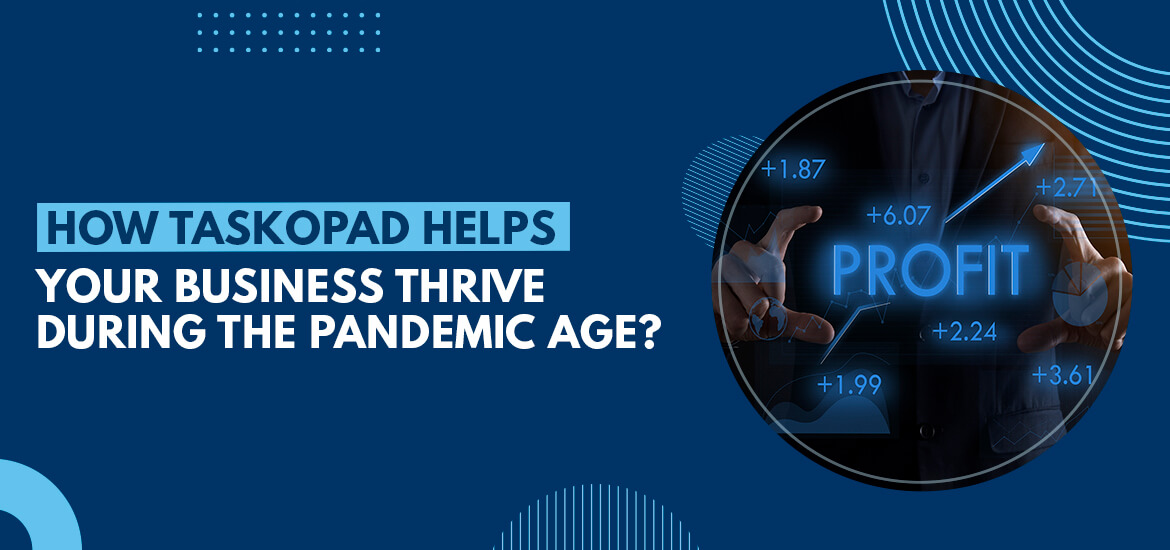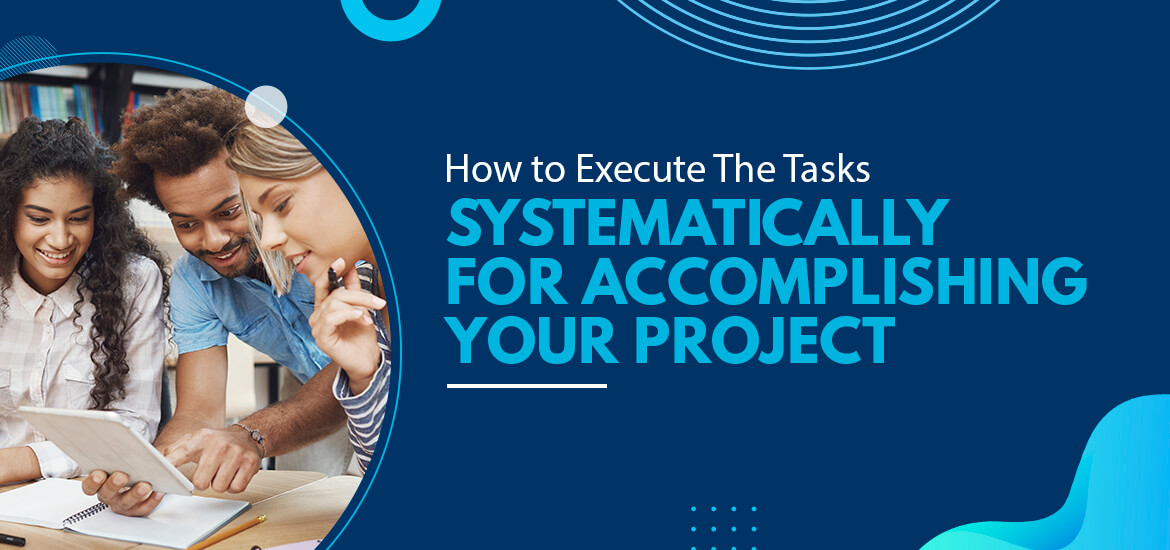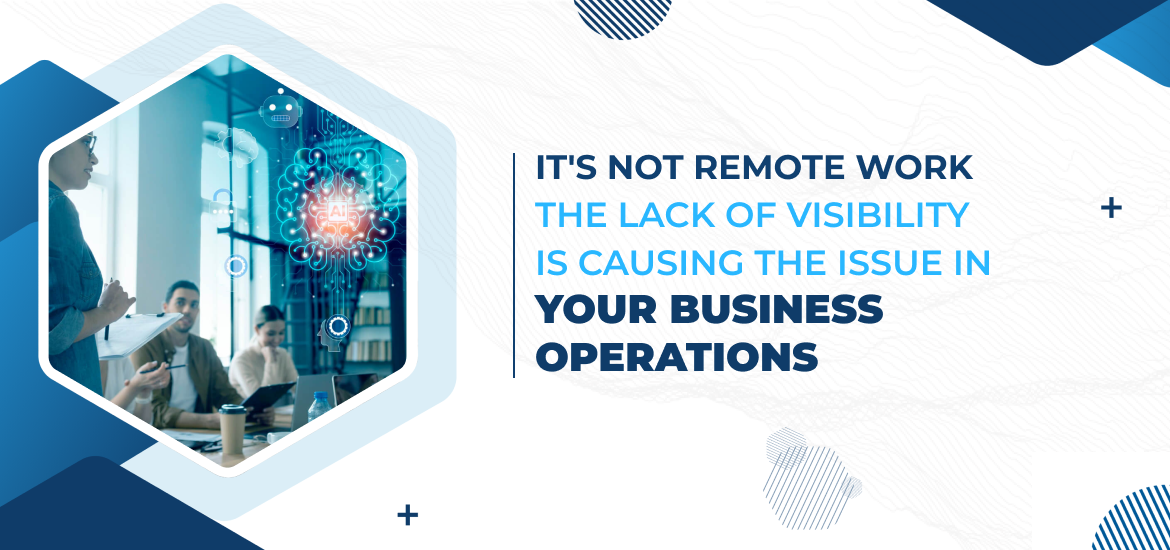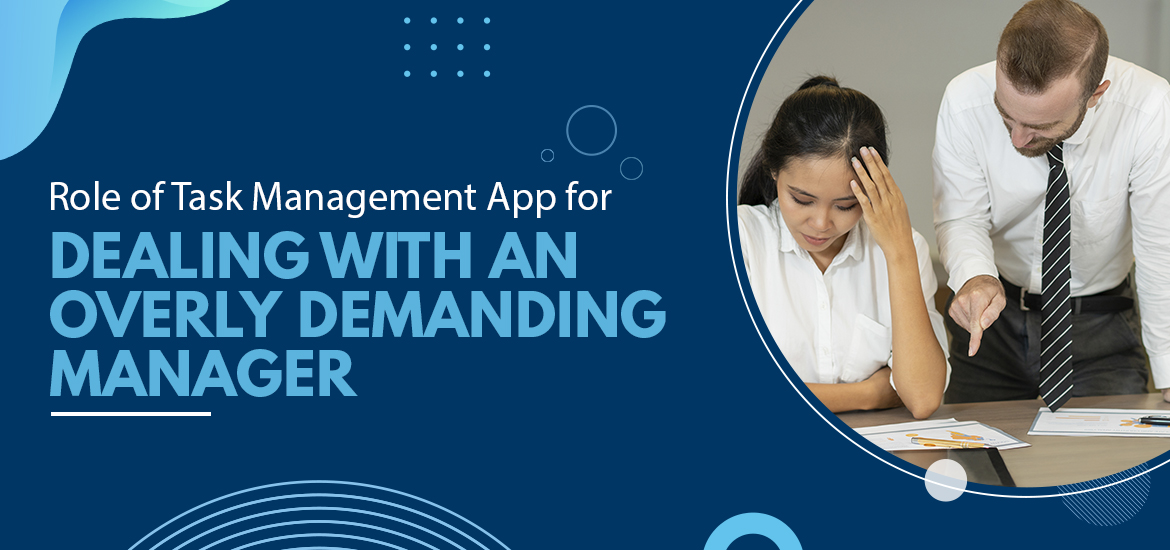
Collaboration in Workplace
Why a Task Management App is Necessary
Jul 19th, 2024
Today, where time is of the essence and multitasking is the norm, managing tasks efficiently has become increasingly crucial. This is where task management apps come into play. These digital tools are designed to streamline and organize tasks, making it easier for individuals and teams to stay on top of their workloads. Here’s a closer look at why a task management app is necessary and how it can significantly improve productivity and organization.
1. Enhanced Productivity
One of the primary benefits of a task management app is the boost in productivity it provides. These apps allow users to create detailed to-do lists, set deadlines, and prioritize tasks. By having a clear visual representation of what needs to be done and by when, users can focus on completing their tasks more efficiently. Task management apps also often come with reminders and notifications, ensuring that important deadlines are not missed.
2. Better Organization
Keeping track of multiple tasks, deadlines, and projects can be overwhelming, especially when relying on traditional methods like sticky notes or spreadsheets. Task management apps centralize all tasks in one place, making it easier to manage and organize them. Users can categorize tasks by project, priority, or due date, providing a clear overview of their workload. This level of organization helps prevent tasks from falling through the cracks and ensures that everything is accounted for.
3. Collaboration and Teamwork
In a team setting, task management apps are invaluable for facilitating collaboration. These apps allow team members to assign tasks to each other, share updates, and communicate effectively within the platform. This transparency ensures that everyone is on the same page, reducing the chances of miscommunication and duplication of efforts. Features such as file sharing, commenting, and real-time updates further enhance collaboration, making it easier for teams to work together towards common goals.
4. Time Management
Effective time management is essential for productivity, and task management apps are designed to help with this. By breaking down tasks into smaller, manageable steps and setting deadlines, users can allocate their time more efficiently. Many task management apps also include time-tracking features, allowing users to monitor how much time is spent on each task. This information can be invaluable for identifying time-wasting activities and optimizing workflows.
5. Stress Reduction
The sheer volume of tasks and deadlines can be a significant source of stress. Task management apps help alleviate this stress by providing a clear structure and plan for tackling tasks. Knowing that all tasks are documented and organized in one place can give users peace of mind, allowing them to focus on their work without the constant worry of forgetting something important. The ability to set reminders and notifications further reduces anxiety, ensuring that nothing is overlooked.
6. Goal Setting and Tracking
Task management apps are not just about managing daily tasks; they are also powerful tools for setting and tracking long-term goals. Users can break down their goals into smaller tasks and milestones, making it easier to monitor progress and stay motivated. By having a clear roadmap and being able to track achievements, users are more likely to stay committed to their goals and achieve them within the desired timeframe.
7. Customization and Flexibility
Every individual and team has unique needs when it comes to task management. Task management apps offer a high degree of customization, allowing users to tailor the app to their specific requirements. Whether it’s customizing task categories, setting personalized reminders, or integrating with other tools and platforms, task management apps provide the flexibility needed to create a system that works best for the user.
8. Data and Analytics
Many task management apps come with built-in analytics and reporting features. These tools provide valuable insights into task completion rates, time spent on tasks, and overall productivity. By analyzing this data, users can identify patterns, make informed decisions, and implement strategies to improve efficiency. For teams, this data can be used to assess performance and identify areas for improvement.
9. Accessibility and Convenience
With the rise of remote work and mobile technology, the ability to access tasks from anywhere at any time is more important than ever. Task management apps are typically available on multiple devices, including smartphones, tablets, and computers, ensuring that users can stay productive whether they are in the office, at home, or on the go. This accessibility and convenience make it easier to manage tasks and stay organized, regardless of location.
Conclusion
In conclusion, a task management app is an essential tool in today’s fast-paced world. It enhances productivity, improves organization, facilitates collaboration, and helps with time management. By reducing stress, enabling goal setting and tracking, offering customization, providing valuable data and analytics, and ensuring accessibility, task management apps empower individuals and teams to work more efficiently and effectively. Whether you are a busy professional, a student, or part of a team, a task management app can be a game-changer in achieving your goals and managing your workload.
Search by posts
Search by posts
Recent posts
7-15-2025
Task Management Software
How to Choose the Best Task Management Software for Your Digital Marketing Agency
6-28-2025
Project Tracker Tool
Top 8 Steps to Execute Tasks Systematically for Accomplishing Your Project
6-27-2025
Project Management Software













